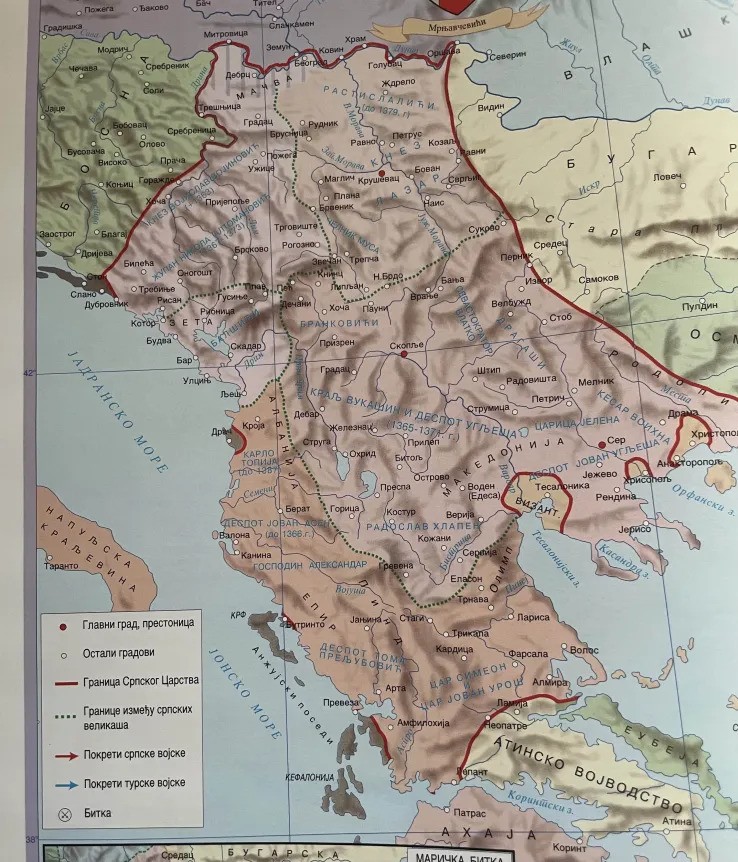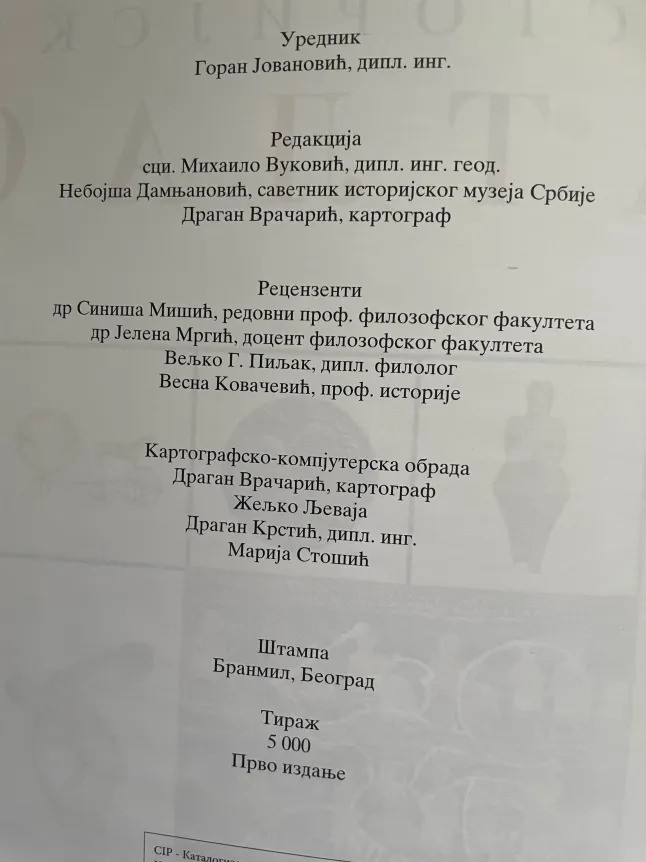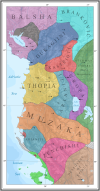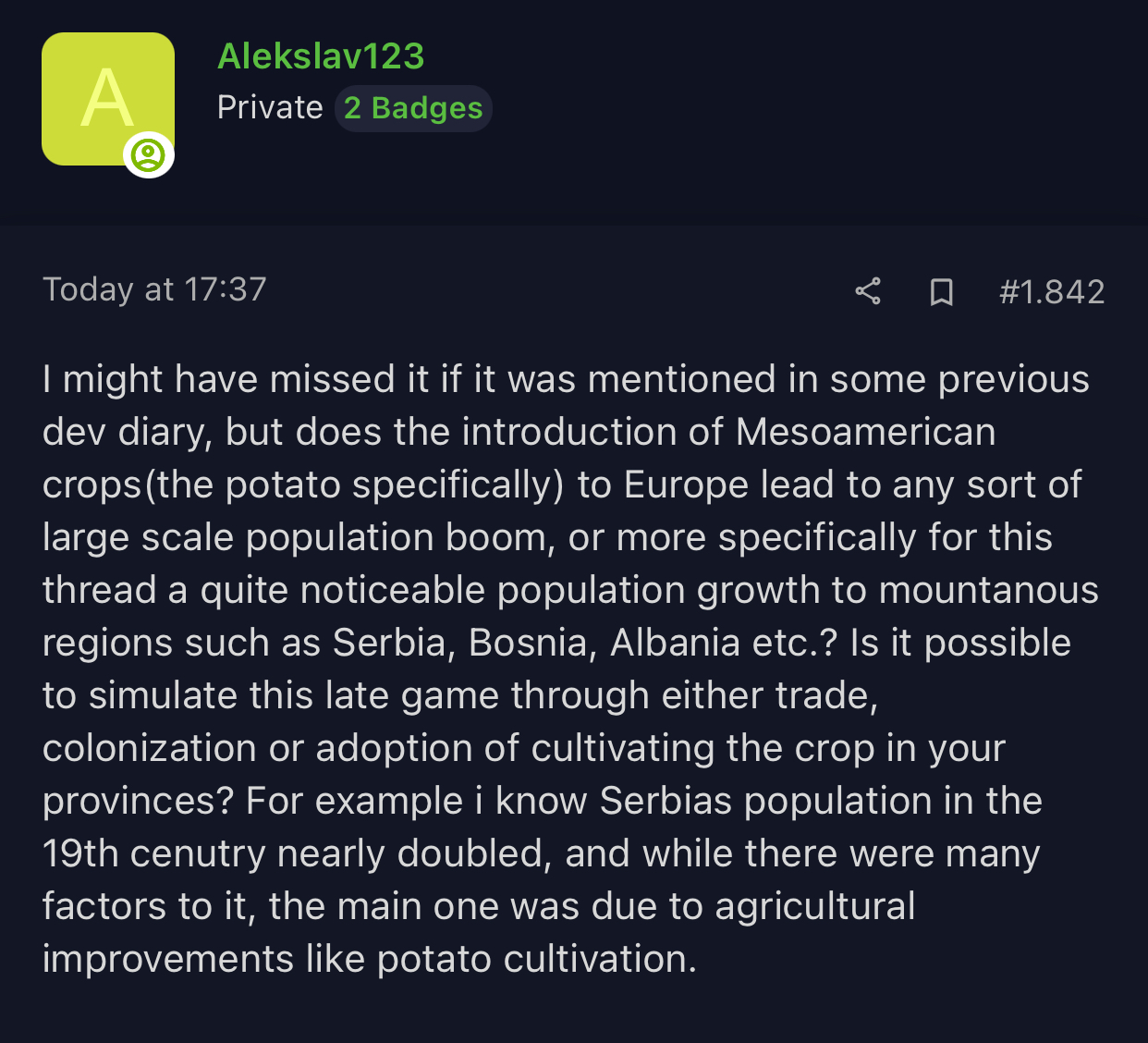Hello, and welcome one more week to Tinto Flavour, the happy Mondays, Tuesdays & Fridays in which we take a look at the flavour content of Europa Universalis V!
Today, we will take a look at two Orthodox countries, in advance of tomorrow’s Tinto Talks: Serbia & Georgia.
Let’s start by taking a look at Serbia:



As usual, consider all UI, 2D and 3D Art as WIP.
Starting Estate Privileges:



Works of Art:

Advances:





Events:




But not all if positive, as upon the death of Stefan IV, this disaster might also happen:


Let’s now take a look at Georgia:




Georgia starts with this unique policies:


Advances:




Events:



… And much more, but that’s all for today! Tomorrow, in Tinto Talks, we will talk about the mechanics of the Orthodox and Miaphysite religions!
And also remember, you can wishlist Europa Universalis V now! Cheers!
Today, we will take a look at two Orthodox countries, in advance of tomorrow’s Tinto Talks: Serbia & Georgia.
Let’s start by taking a look at Serbia:



As usual, consider all UI, 2D and 3D Art as WIP.
Starting Estate Privileges:



Works of Art:

Advances:





Events:




But not all if positive, as upon the death of Stefan IV, this disaster might also happen:


Let’s now take a look at Georgia:




Georgia starts with this unique policies:


Advances:




Events:



… And much more, but that’s all for today! Tomorrow, in Tinto Talks, we will talk about the mechanics of the Orthodox and Miaphysite religions!
And also remember, you can wishlist Europa Universalis V now! Cheers!








